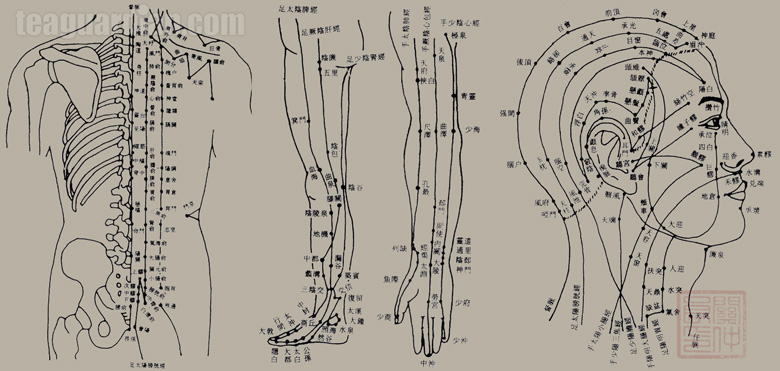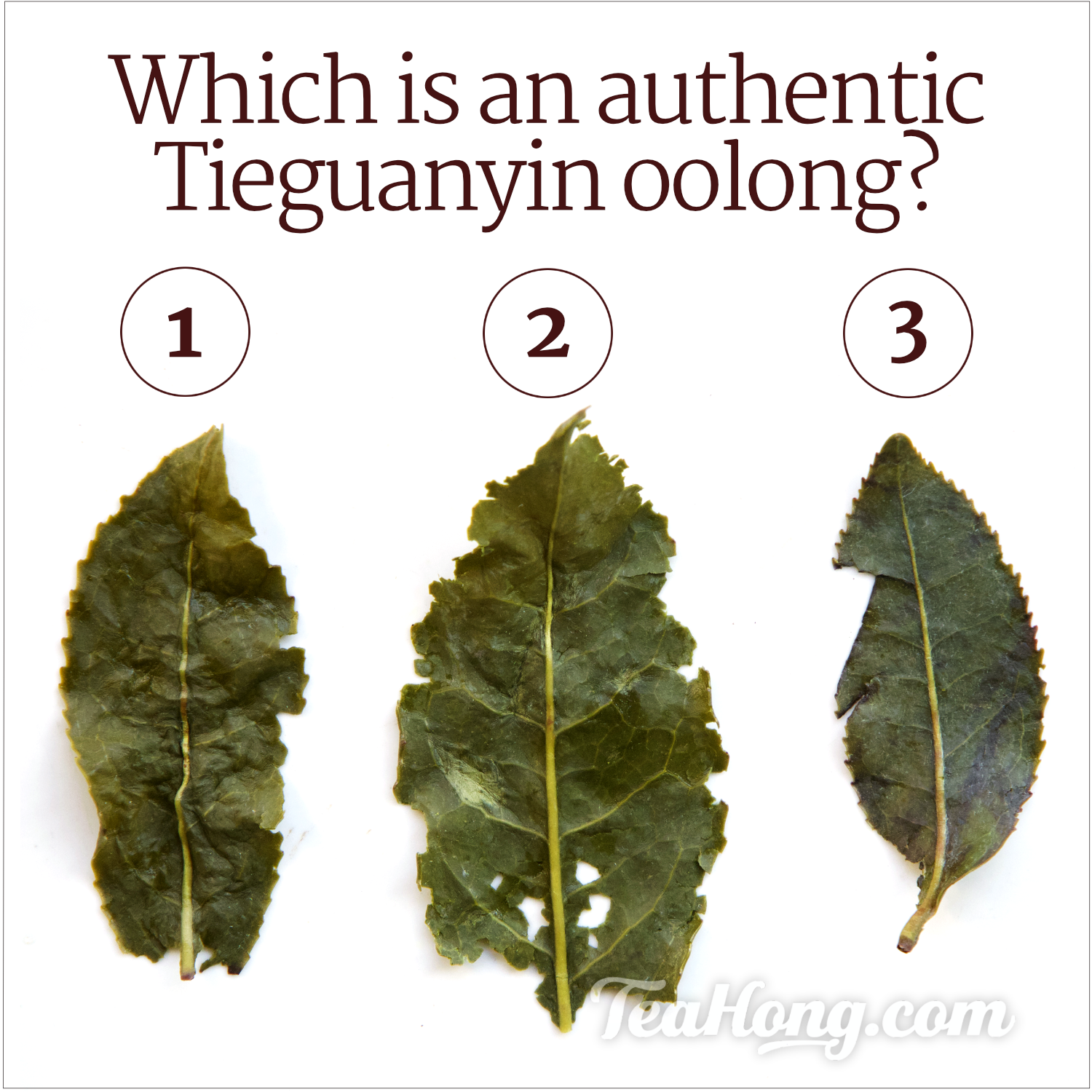TCM & Your Physiology
About the physiology of a person
The general physiology of a person is described with four body types in TCM (note), before detail and further individual diagnosis:
That is predominant by Heat
That is predominant by Cold
That is balanced (no further explanation here)
That is lacking in either Heat and Cold energies, or both, i.e. Weak
Heat (rè)
Aka Fire. Heat in the human body is a concept that refers to a variety of indications as well as a Yang energy that balances the Cold energy. When the Heat of a person is dominant, or tips the balance, he is either more vulnerable to, or has already had, the “Fire” kinds of problems, such as inflammation or hypertension, which can be manifested as fever, blushes, irritability, dry lips or tongues, constipation, and dense urine. Prolonged Heat condition may mean the depletion of Yin energy that can lead to a Weak body type.
A person whose body type is Heat predominant should use more teas that are chilling, or “Cool” in nature, such as green teas, white teas, and bouquet style oolongs.
Cold (hán)
Cold(ness) is the yin energy that balances the Fire energy. When the Cold energy in a person is dominant, she is more susceptible to infections. Indications of a Cold condition can be: slower movements or reactions, sensitivity to lower temperature, cold hands and feet, weak digestion, paleness, diarrhea, and pale and excessive urine. Prolonged Cold condition may mean the depletion of Yang energy that can also lead to a Weak body type.
A person whose body type is Cold should use more teas that are warm in nature, such as black teas, post-fermented teas, and charcoal style (classic style) oolongs.
Weak (xū)

I am of the xu physiology and need to remedy it in many ways, when I can afford to. When I ever find the time to see a TCM doctor just for it, I would be given big lectures. Over the years I have been quite familiar with the ingredients most likely used for me, except for this one once: two whole lizards, complete with a whole array of dates, twigs, roots, barks, nuts, and other leaves.
A person whose body type is Weak can belong to one or more of these sub-categories with these indications:
Qi-weakness: dizziness, fatigue, inertia, lack of appetite, bloating, hyperhidrosis
Blood-weakness: paleness, numbness, insomnia, easily frightened, low-blood pressure
Yin-weakness: chronic thirst, burnt-tongue, dry-cough, xeroderma, hyperhidrosis, insomnia, dizziness, constipation
Yang-weakness: sensitivity to winds and low-temperature, cold limbs and extremities, numbness of the knees and lower back, lack of energy, diarrhea, frequent urination, hypersomnia
Women who are weak body type also experience regularly excessive or very little menstrual flow.
A person whose body type is weak should never drink cold tea and should use teas that are cold in nature with restrain. Teas with warm nature are more suitable. Tea should be sipped slowly while hot and avoid tea drinking without food complements when hungry. However, those who are blood-weakness type should also avoid tea during and until 45 minutes after iron-rich diets or supplements.











